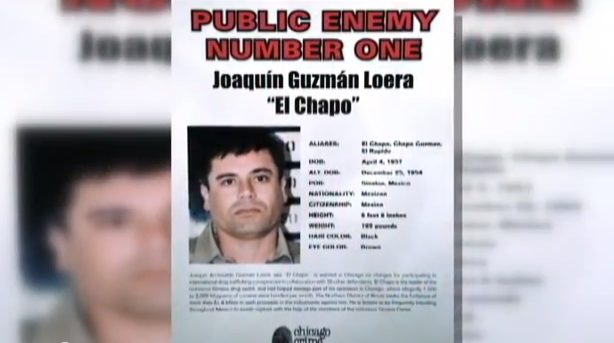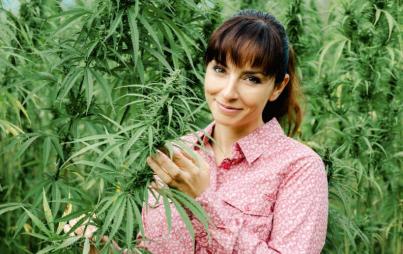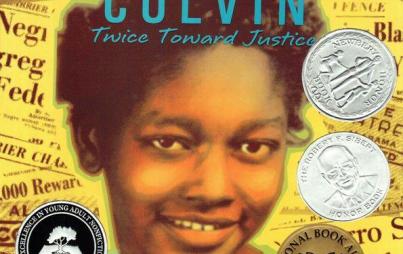
The never-ending war on drugs advanced this weekend when Joaquin “El Chapo” Guzman was arrested in Mexico. El Chapo, who is like the Madonna of underground drug lords, was found hiding in a condo in the oh-so-fab Mazatlan after a mad tiring chase. Authorities got a big break in the case last November, yet it took months of wiretaps and informants to nail him. Of course, this is after he escaped from Mexican prison back in 2001 too.
Let’s back up. Wiretapping is bloody expensive – the average cost for the US is $50,452 per wiretap. Its unclear how many wiretaps were administered, but it couldn’t have been cheap. In Mexico’s prisons, it costs approximately $39,000 per year to incarcerate an inmate. This is cheap compared to New York, which costs about $168,000 per year per inmate.
That’s a whole lotta dough, yet experts believe that El Chapo’s capture will do little to reduce drug traffic. Remember when Washington and Colorado legalized marijuana? Colorado predicts that marijuana sales will generate more than $100 million a year.
So, let’s just legalize everything? Maybe not. In Portugal, drug laws are super lax. It's is legal to purchase and possess:
- 1 gram of heroin
- 1 gram MDMA
- 2 grams of cocaine
- 25 grams of pot
- 5 grams of hashish
Needless to say, science has researched the crap out of Portugal. Between 2001 and 2007, drug use in Portugal increased from 7.8% to 12% (that’s a 53% increase). Despite that, the number of drug related deaths has reduced from 400 a year to 290. Also cool, drug users infected with HIV or AIDS (sharing druggie needles spreads nastiness) has been reduced. Before the laws were implemented, 56% of drug users were infected. As of 2007, that number is down to 20%. For those of those with an actual addiction, help is available. Portugal is working with drug addicted patients in hopes of a medical or psychiatric cure, rather than throwing them in jail.
We’re not telling you to run out and shoot up some heroin, but maybe our nation’s war on drugs needs to be rethought a bit. Before you protest, remember this: your beloved frappuccinos are technically laced with a dangerous drug.
Image: courtesy of ABC News YouTube channel






